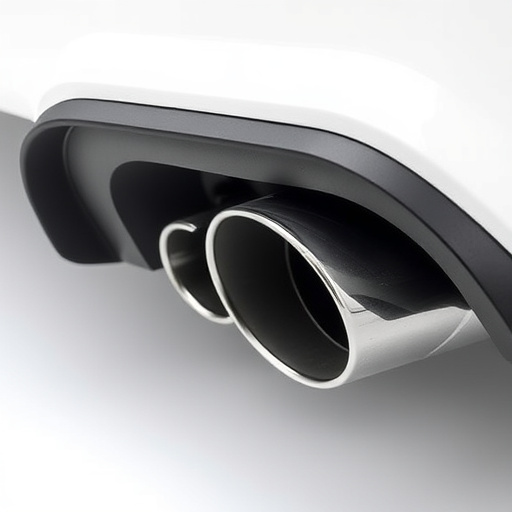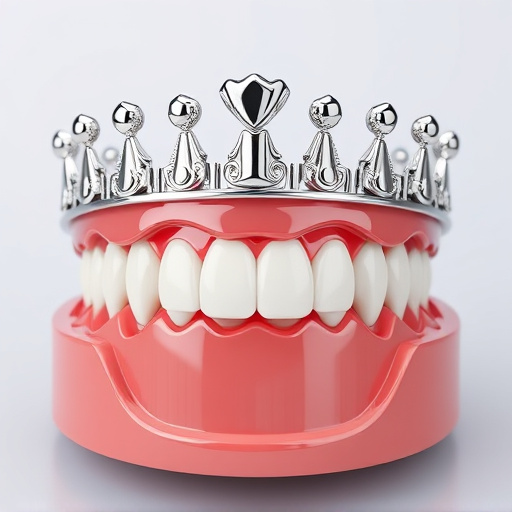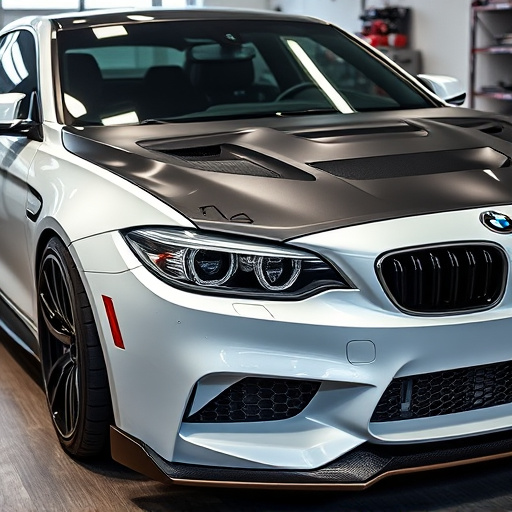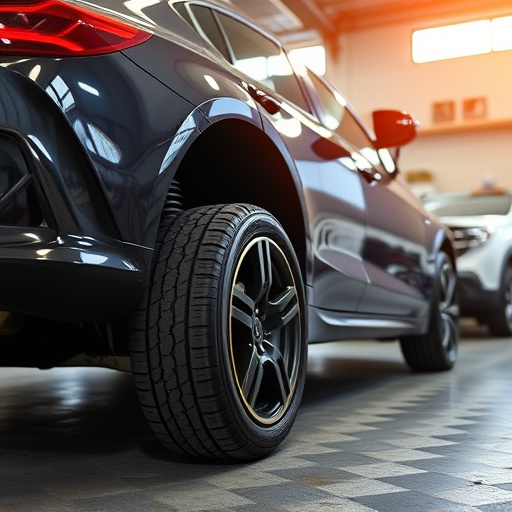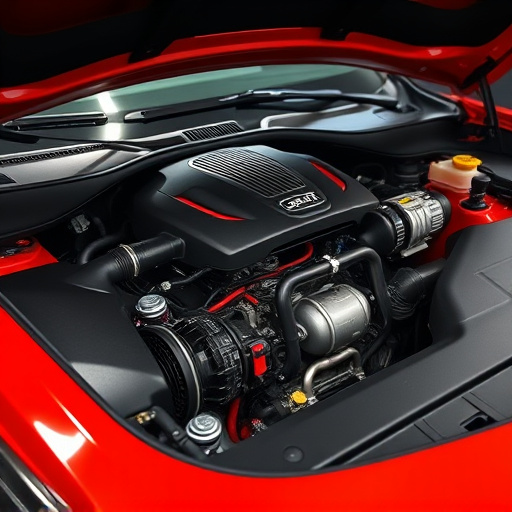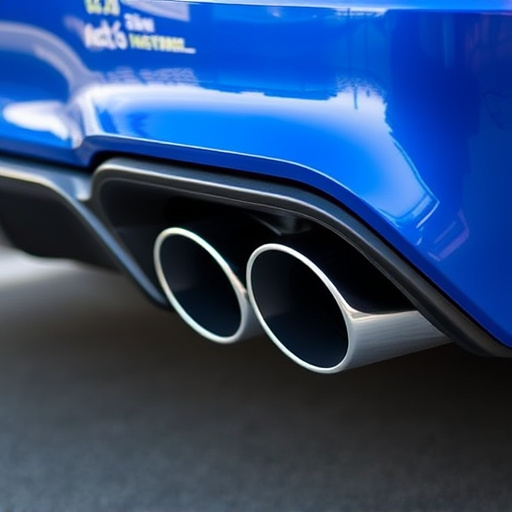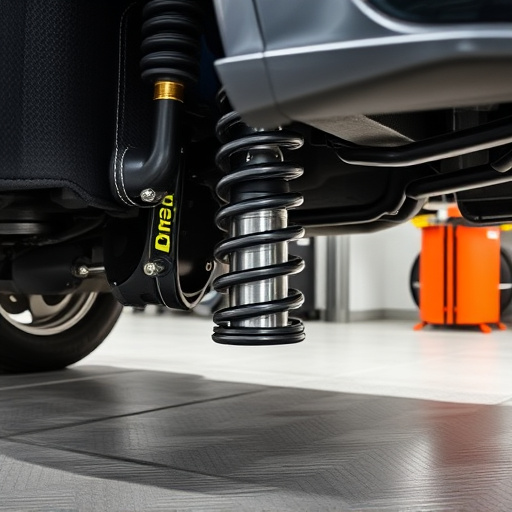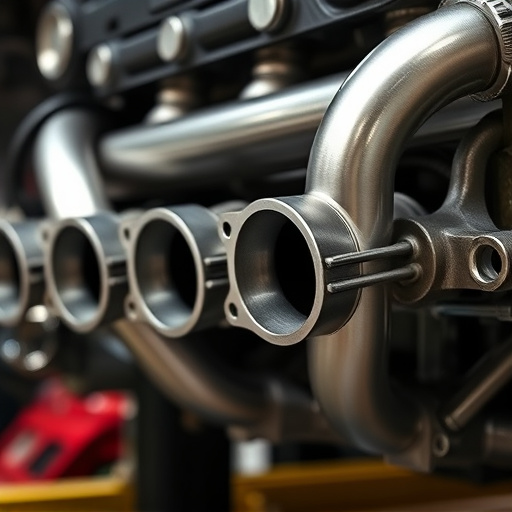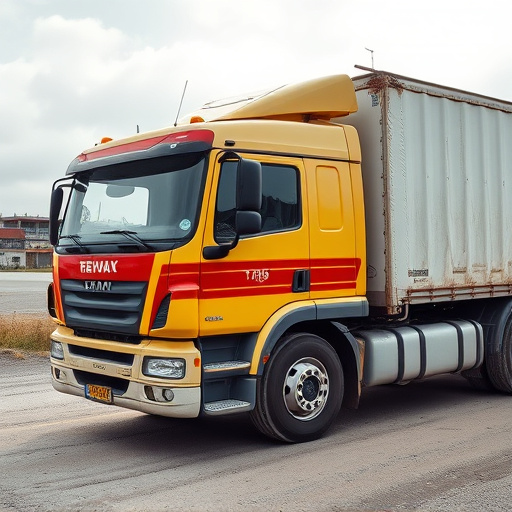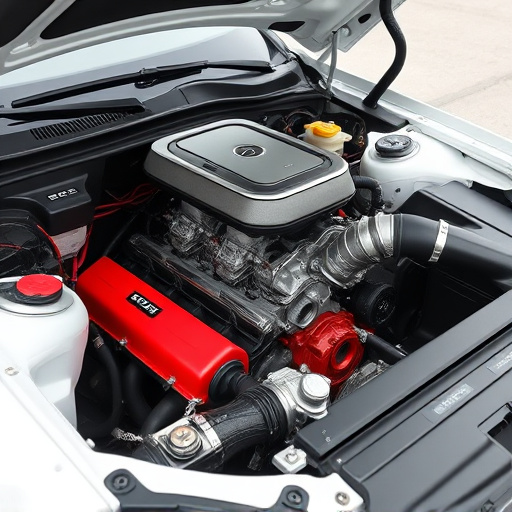Electric cars demand specialized car suspension parts to balance high torque, battery weight, and performance. Lightweight materials like aluminum replace heavy metals, while advanced suspension systems offer efficient handling and stability. Upgrades include regenerative braking and adjustable shock absorbers for customized tuning, enhancing cornering, ride quality, and overall driving experience.
In the transition towards electric mobility, understanding the unique requirements of EV suspensions is paramount. Unlike their internal combustion counterparts, electric cars demand tailored components that enhance efficiency and range while addressing specific weight and dynamics challenges. This article explores crucial aspects of electric vehicle (EV) suspension systems, delving into compatible car suspension parts, installation considerations, and the manifold benefits of upgrading these critical systems.
- Understanding Electric Car Suspension Requirements
- Common Compatible Suspension Parts for Electric Vehicles
- Installation and Benefits of Upgrading Suspension Systems
Understanding Electric Car Suspension Requirements
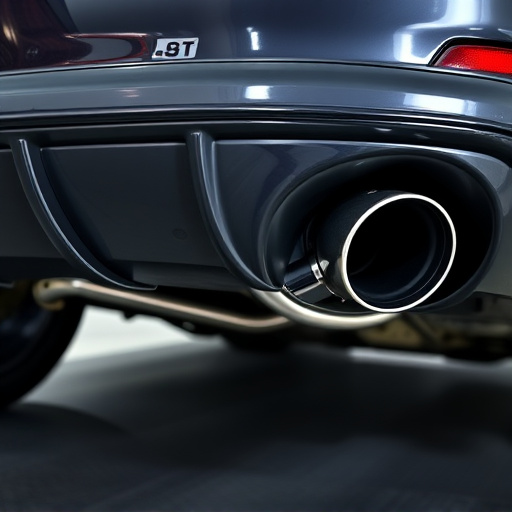
Electric cars have unique requirements when it comes to suspension parts, as their driving dynamics differ significantly from traditional internal combustion engine vehicles. The shift to electric mobility brings about several considerations for engineers and automotive parts manufacturers. One key aspect is the focus on lightweight materials; since electric cars prioritize efficiency, reducing overall vehicle weight is essential to enhance battery life and overall vehicle performance.
Consequently, when designing or selecting car suspension parts for electric vehicles, the choice of materials becomes crucial. Traditional metal components are often replaced with advanced composites or lightweight alloys to minimize the vehicle’s overall mass. Additionally, electric cars’ high torque output necessitates robust yet efficient suspension systems that can handle the increased force without compromising vehicle stability and passenger comfort. This emphasizes the importance of considering specific electric car models when sourcing compatible suspension parts, ensuring optimal alignment with the vehicle’s performance characteristics.
Common Compatible Suspension Parts for Electric Vehicles
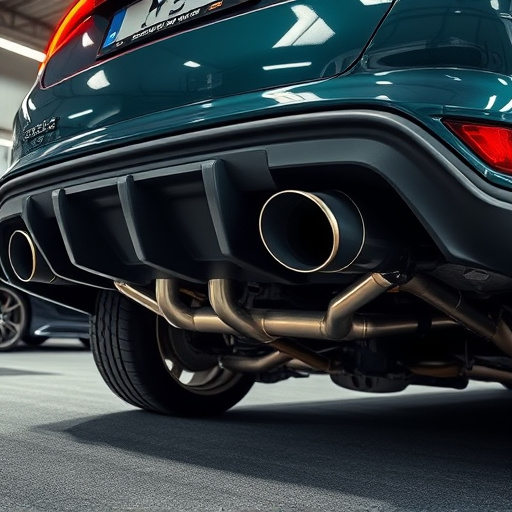
Electric vehicles (EVs) have distinct requirements when it comes to car suspension parts, but many traditional components are compatible and designed to enhance their performance. One of the key considerations is the adoption of lightweight materials to improve overall vehicle efficiency. Aluminum and high-strength steel are commonly used in EV suspensions, replacing heavier alternatives found in conventional cars. These materials not only reduce weight but also contribute to better handling and reduced energy consumption.
When it comes to upgrading or replacing car suspension parts on electric cars, performance brakes and high-performance suspension systems are popular choices. Electric vehicles often benefit from advanced braking technologies, such as regenerative braking systems, which can be further optimized with custom brake kits designed for their specific needs. Moreover, EV owners may opt for adjustable suspension setups, allowing for fine-tuning to suit various driving conditions and desired performance levels, including enhanced cornering capabilities and improved ride quality.
Installation and Benefits of Upgrading Suspension Systems
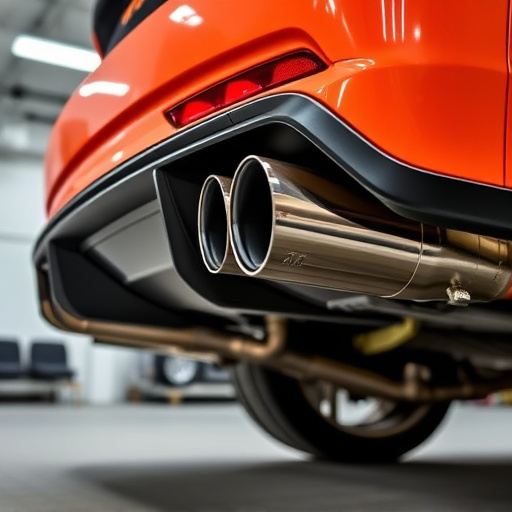
Upgrading car suspension parts is a process that involves carefully selecting compatible components to enhance the overall driving experience, especially in electric vehicles. The installation process requires precision and knowledge, but it offers significant benefits for performance and comfort. Electric cars, with their unique characteristics, may require specific adjustments to ensure optimal handling and stability.
One of the key advantages is improved vehicle control. Upgrading suspension systems can reduce body roll during cornering, providing a more responsive and agile drive. This is particularly beneficial for off-road or sport electric vehicles. Additionally, enhanced suspension reduces road noise and vibrations, making long-distance driving more comfortable. It also allows for better tire performance by ensuring optimal contact with the road surface, which can further improve braking efficiency, especially when paired with high-performance air intake systems and upgraded air filter kits. Furthermore, upgrading to modern suspension designs may include advanced shock absorbers and struts that offer adjustable settings, allowing drivers to personalise their car’s handling characteristics according to their preferences.
In light of the evolving electric vehicle (EV) market, understanding compatible car suspension parts is essential. By equipping electric cars with appropriate suspension systems, drivers can enhance their vehicles’ performance and safety while navigating various road conditions. The article has explored key aspects, including unique suspension requirements for EVs, common compatible parts, and installation benefits. Incorporating these upgrades not only improves ride quality but also contributes to a smoother, more enjoyable driving experience for EV owners.

